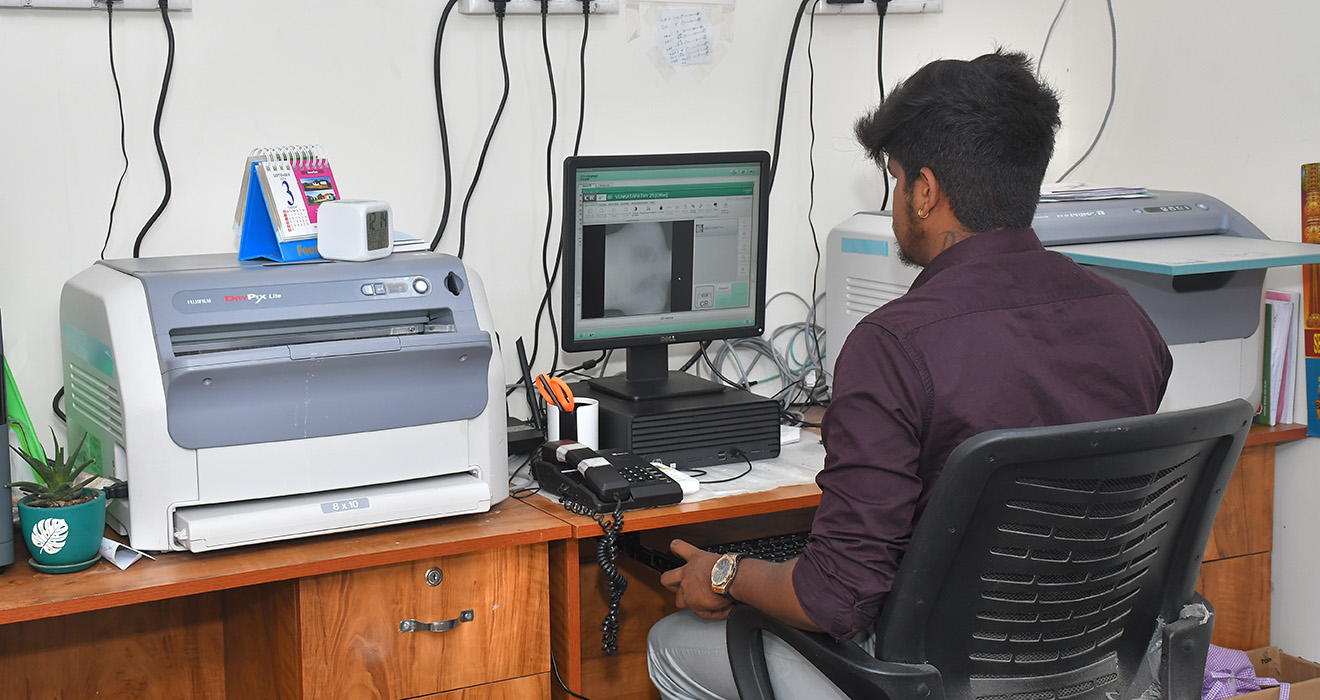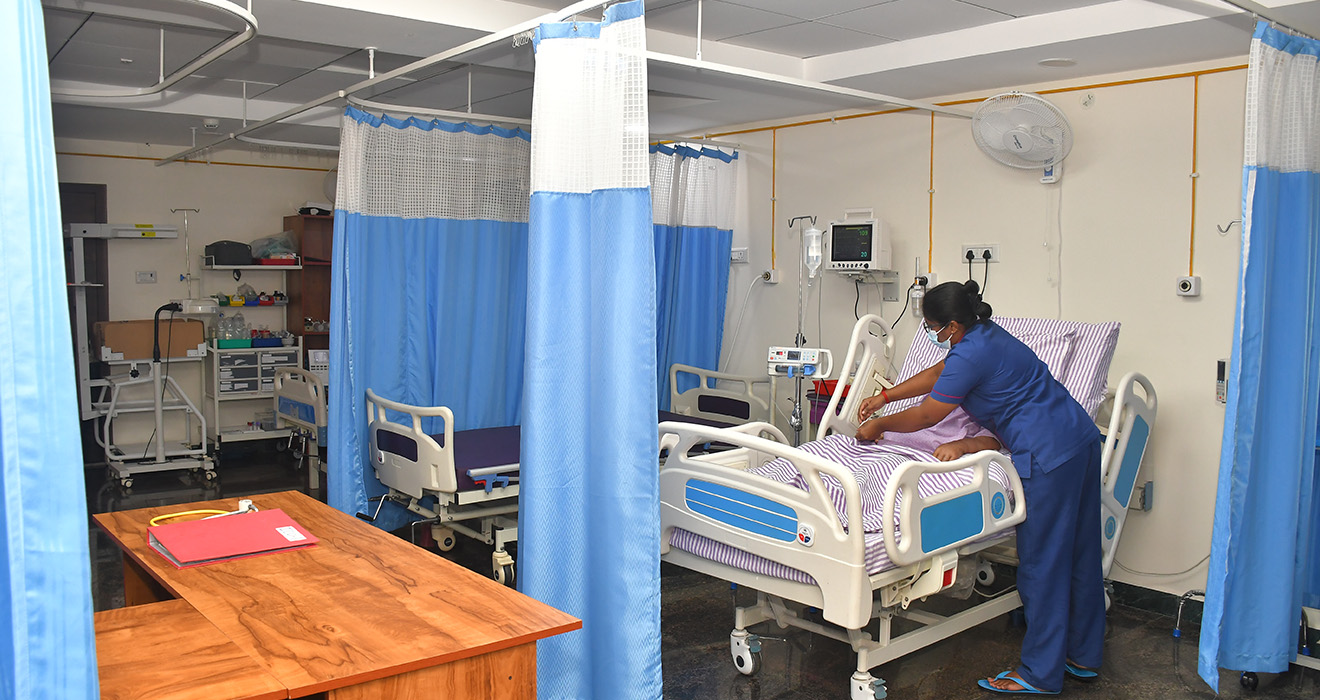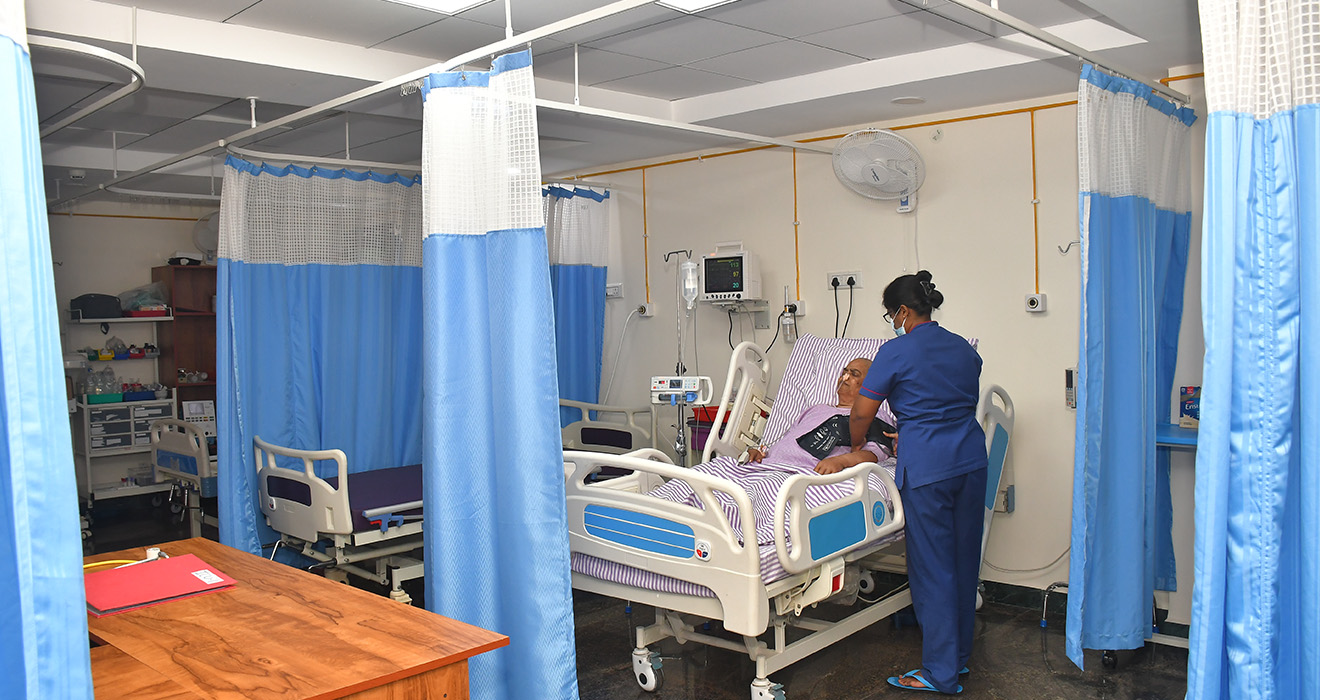Cardiology Department
Cardiology is a branch of medicine that focuses on the diagnosis, treatment, and prevention of diseases and disorders of the heart and blood vessels. Cardiologists are medical doctors who specialize in this field and are responsible for managing a wide range of cardiovascular conditions.ratione and we have many other medical service.



Diagnosis and Evaluation:
- Conducting thorough patient histories and physical examinations.
- Utilizing diagnostic tests such as electrocardiograms (ECGs), echocardiograms, stress tests, cardiac catheterization, and advanced imaging techniques like CT scans and MRIs.
Treatment Planning:
- Developing individualized treatment plans based on the specific cardiovascular condition, its severity, and the patient’s overall health.
- Implementing lifestyle changes, prescribing medications, and recommending surgical or interventional procedures when necessary.
Medication Management:
- Prescribing medications to manage conditions such as hypertension, heart failure, arrhythmias, and hyperlipidemia.
- Monitoring patients for side effects and adjusting treatments as necessary.
Interventional Procedures:
- Performing minimally invasive procedures such as angioplasty, stent placement, and electrophysiological studies.
- Working closely with cardiothoracic surgeons for more complex surgeries like coronary artery bypass grafting (CABG) and valve repair or replacement.
Preventive Care:
- Educating patients on risk factors for heart disease, such as smoking, obesity, lack of exercise, and poor diet.
- Implementing strategies to prevent the onset or progression of cardiovascular diseases.
Management of Chronic Conditions:
- Providing ongoing care for chronic conditions like heart failure, coronary artery disease, and atrial fibrillation.
- Coordinating with other healthcare providers to ensure comprehensive care for patients with multiple health issues.
Coronary Artery Disease (CAD):
- Narrowing or blockage of the coronary arteries, often leading to chest pain (angina) or heart attacks.
Heart Failure:
- A condition where the heart cannot pump blood effectively, leading to symptoms like shortness of breath, fatigue, and fluid retention.
Arrhythmias:
- Abnormal heart rhythms, such as atrial fibrillation, ventricular tachycardia, and bradycardia.
Hypertension:
- High blood pressure, a major risk factor for heart disease and stroke.
Valvular Heart Disease:
- Disorders involving the heart valves, such as aortic stenosis, mitral valve prolapse, and valve regurgitation.
Cardiomyopathy:
- Diseases of the heart muscle, which can lead to heart failure and arrhythmias.
Congenital Heart Disease:
- Heart defects present at birth, which may require medical or surgical intervention.
Electrocardiogram (ECG):
- A test that records the electrical activity of the heart to detect arrhythmias, heart attacks, and other cardiac issues.
Echocardiogram:
- An ultrasound of the heart that provides detailed images of heart structures and function.
Stress Testing:
- Evaluating the heart’s response to physical exertion, often using a treadmill or medication.
Cardiac Catheterization:
- Inserting a catheter into the heart’s blood vessels to diagnose and treat certain heart conditions, such as blockages.
Angioplasty and Stenting:
- Procedures to open narrowed or blocked coronary arteries using a balloon and placing a stent to keep the artery open.
Pacemaker and Defibrillator Implantation:
- Implanting devices to regulate heart rhythms and prevent sudden cardiac death.
Coronary Artery Bypass Grafting (CABG):
- A surgical procedure to create a new route for blood to flow around blocked coronary arteries.
Valve Repair or Replacement:
- Surgical procedures to fix or replace damaged heart valves.
- Medical School: Completion of a Doctor of Medicine (MD) or Doctor of Osteopathic Medicine (DO) degree.
- Residency in Internal Medicine: A 3-year residency program focusing on general internal medicine.
- Fellowship in Cardiology: An additional 3-4 years of specialized training in cardiology, which includes clinical rotations, research, and hands-on experience in diagnosing and treating cardiovascular diseases.
- Subspecialty Fellowship (Optional): Additional training in a subspecialty area such as interventional cardiology, electrophysiology, heart failure, or cardiac imaging.
Clinical Assessment:
- Evaluating patients through history-taking, physical examination, and diagnostic testing.
- Formulating diagnoses and developing comprehensive treatment plans.
Therapeutic Intervention:
- Implementing evidence-based treatments, including medications, lifestyle changes, and interventional procedures.
- Adjusting treatment plans based on patient response and progress.
Patient and Family Education:
- Providing information about cardiovascular conditions, treatment options, and preventive strategies.
- Offering support and resources to help patients manage their heart health.
Multidisciplinary Collaboration:
- Working with other healthcare professionals, such as primary care physicians, surgeons, and nutritionists, to provide integrated care.
- Participating in multidisciplinary team meetings to discuss and coordinate patient care.
Research and Continuing Education:
- Staying updated with the latest research and developments in cardiology.
- Participating in continuing medical education (CME) activities to maintain licensure and board certification.
Cardiologists play a vital role in the healthcare system, offering expertise in the management of heart diseases and working to improve the quality of life and outcomes for patients with cardiovascular conditions.
Cardiology Specialist
A cardiology specialist, or cardiologist, is a medical doctor who specializes in diagnosing, treating, and preventing diseases of the cardiovascular system, which includes the heart and blood vessels. Cardiologists manage a wide range of conditions and often work in collaboration with other healthcare professionals to provide comprehensive care.


